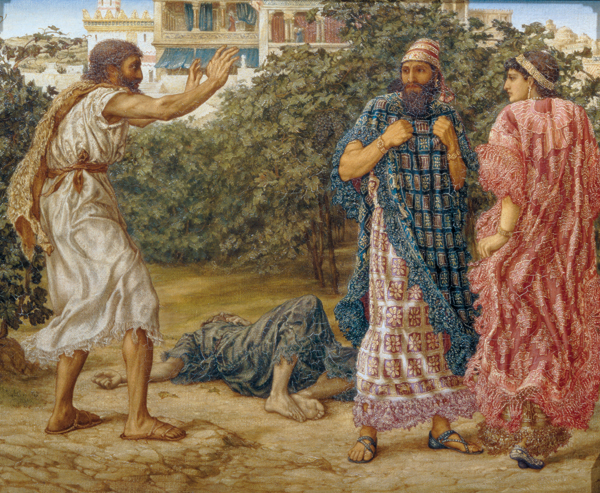
Christians typically view the Old Testament prophets as individualists, as religious geniuses and defiant rebels, driven by their own personal experiences with God, answering to no one, and obedient only to their own inner voice. In Jewish tradition, however, the prophets are enforcers of God’s law—or torah—on earth.
The difference is so striking, one might wonder whether Jews and Christians are even reading the same books. But the content of the prophetic books of the Hebrew Bible is more or less the same as in the Christian Old Testament. So what accounts for this disparity? Why do Jews and Christians read the Bible so differently?
The difference is not insignificant: I believe that in this difference may lie, in part, the roots of Christian anti-Semitism.
The difference is immediately apparent when we open any Bible to its Table of Contents (see the sidebar to this article). If it’s a Jewish Bible, whether in Hebrew or in English (or in my native German), it is clearly divided into three sections. The first is the Torah or Pentateuch—the Five Books of Moses. The second is Nebi’im, or Prophets, which in Jewish tradition includes the Former Prophets—Joshua, Judges, Samuel and Kings—and the Latter Prophets—Isaiah, Jeremiah, Ezekiel and the Book of the Twelve, the so-called Minor Prophets. The third section is, in Hebrew, Ketubim, or Writings.
Already a library member? Log in here.
Institution user? Log in with your IP address.

